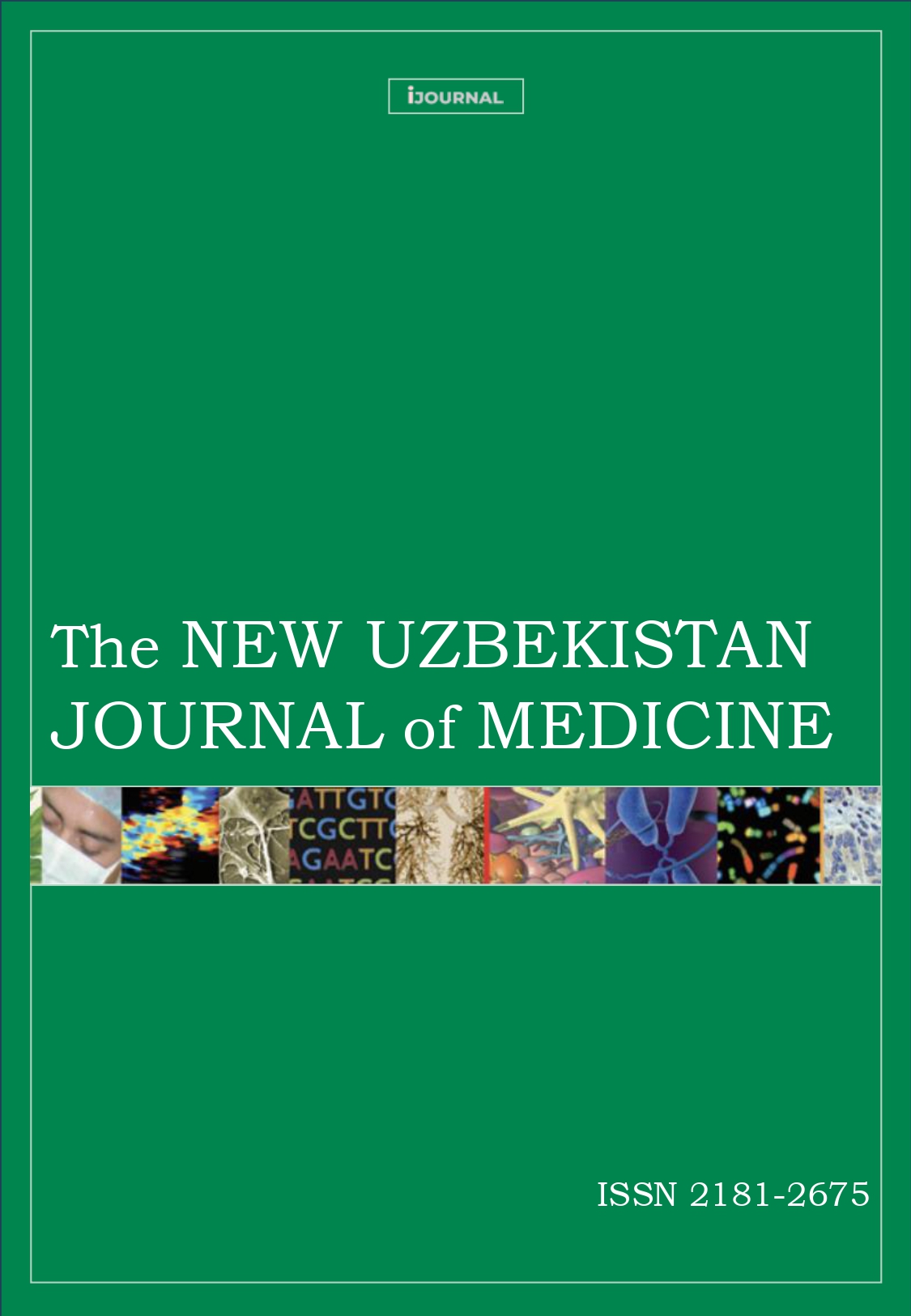PREDICTION OF CARDIOVASCULAR DISEASES WITH THE HELP OF ARTIFICIAL INTELLIGENCE
Keywords:
artificial intelligence, cardiovascular diseases, medical diagnostics, machine learning, healthcare technologies, prediction, clinical decision support, digital medicineAbstract
This article explores the potential of artificial intelligence (AI) technologies in the early detection and prediction of cardiovascular diseases. As heart-related conditions remain one of the leading causes of mortality worldwide, timely diagnosis plays a crucial role in preventing severe complications. AI algorithms—particularly those based on machine learning and deep learning—enable the analysis of large volumes of clinical data, uncovering hidden patterns and risk factors with high accuracy. The paper discusses the application of AI in cardiology, including its effectiveness in enhancing diagnostic precision, supporting clinical decision-making, and providing personalized health recommendations. Additionally, the article examines international experiences, key benefits, current limitations, and the future prospects of integrating AI tools into healthcare systems. The findings highlight the growing significance of digital technologies in combating cardiovascular diseases and shaping the future of predictive medicine.
References
1. Johnson, K. W., Torres Soto, J., Glicksberg, B. S., et al. (2018). Artificial Intelligence in Cardiology. Journal of the American College of Cardiology, 71(23), 2668–2679. https://doi.org/10.1016/j.jacc.2018.03.521
2. Dey, N., Ashour, A. S., & Balas, V. E. (Eds.). (2018). Smart Medical Data Sensing and IoT Systems Design in Healthcare. Springer.
3. Deo, R. C. (2015). Machine Learning in Medicine. Circulation, 132(20), 1920–1930. https://doi.org/10.1161/CIRCULATIONAHA.115.001593
4. Krittanawong, C., Zhang, H., Wang, Z., et al. (2017). Artificial Intelligence in Precision Cardiovascular Medicine. Journal of the American College of Cardiology, 69(21), 2657–2664. https://doi.org/10.1016/j.jacc.2017.03.571
5. Miotto, R., Wang, F., Wang, S., Jiang, X., & Dudley, J. T. (2018). Deep Learning for Healthcare: Review, Opportunities and Challenges. Briefings in Bioinformatics, 19(6), 1236–1246. https://doi.org/10.1093/bib/bbx044
6. Obermeyer, Z., & Emanuel, E. J. (2016). Predicting the Future — Big Data, Machine Learning, and Clinical Medicine. The New England Journal of Medicine, 375(13), 1216–1219. https://doi.org/10.1056/NEJMp1606181
7. Rajpurkar, P., Hannun, A. Y., Haghpanahi, M., et al. (2017). Cardiologist-Level Arrhythmia Detection with Convolutional Neural Networks. arXiv preprint arXiv:1707.01836.
8. Topol, E. J. (2019). High-Performance Medicine: The Convergence of Human and Artificial Intelligence. Nature Medicine, 25, 44–56. https://doi.org/10.1038/s41591-018-0300-7
Published
Issue
Section
License
Copyright (c) 2025 Sardor Normamatov, Ulugbek Safarov, Mirzaahmad Mirzahakimov, Og'abek Ro'zmurodov (Author)

This work is licensed under a Creative Commons Attribution-NonCommercial-NoDerivatives 4.0 International License.
All Rights Reserved.





